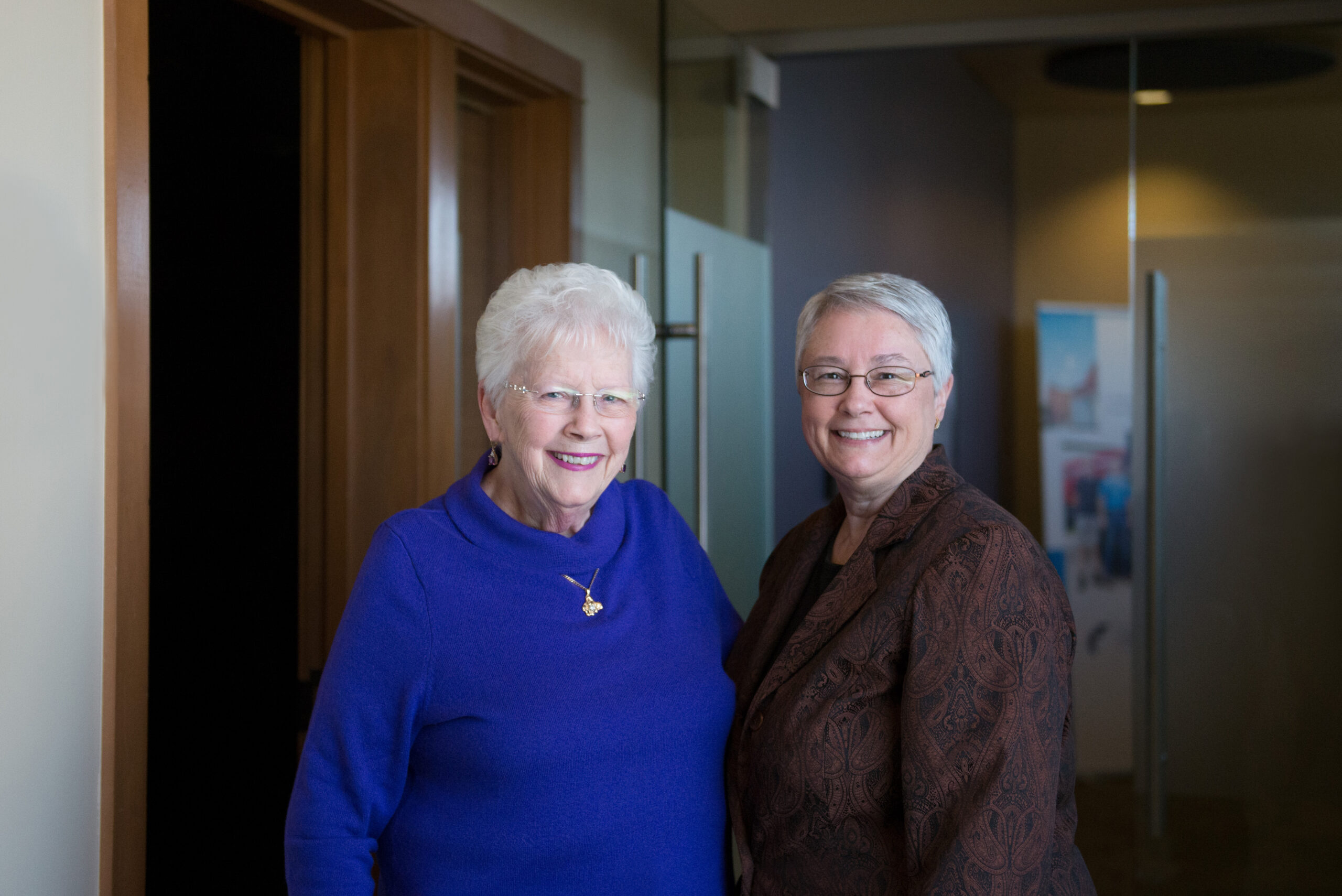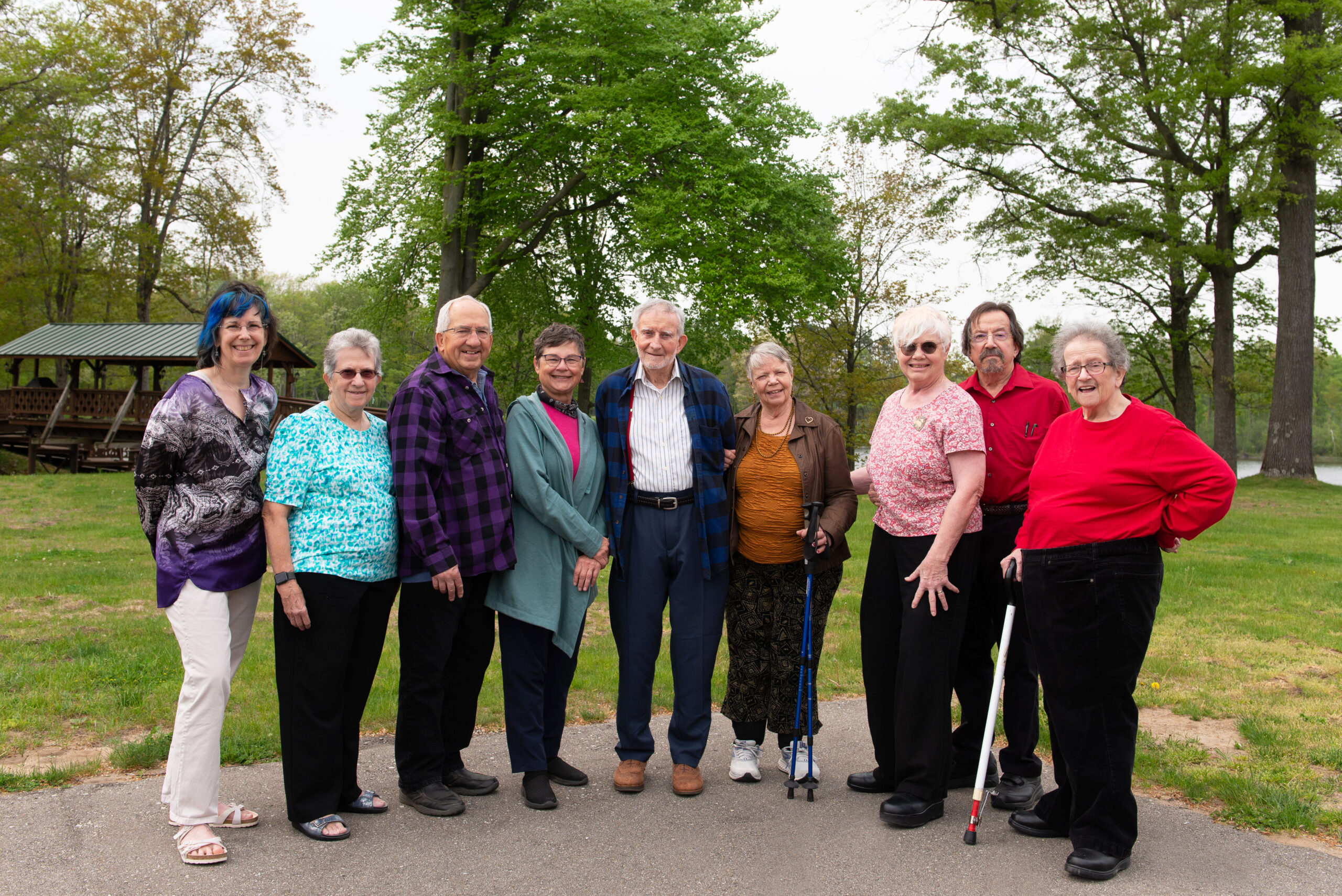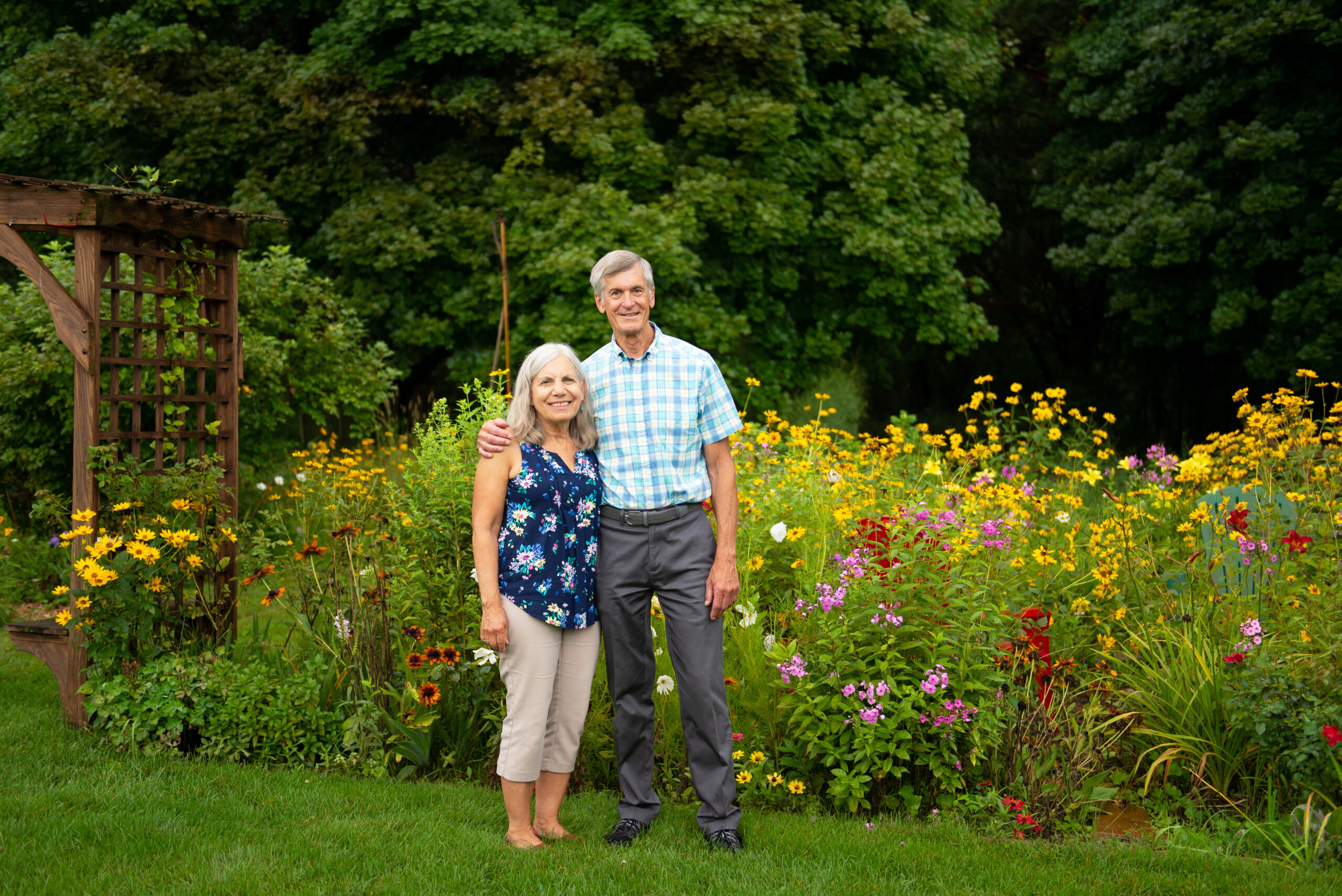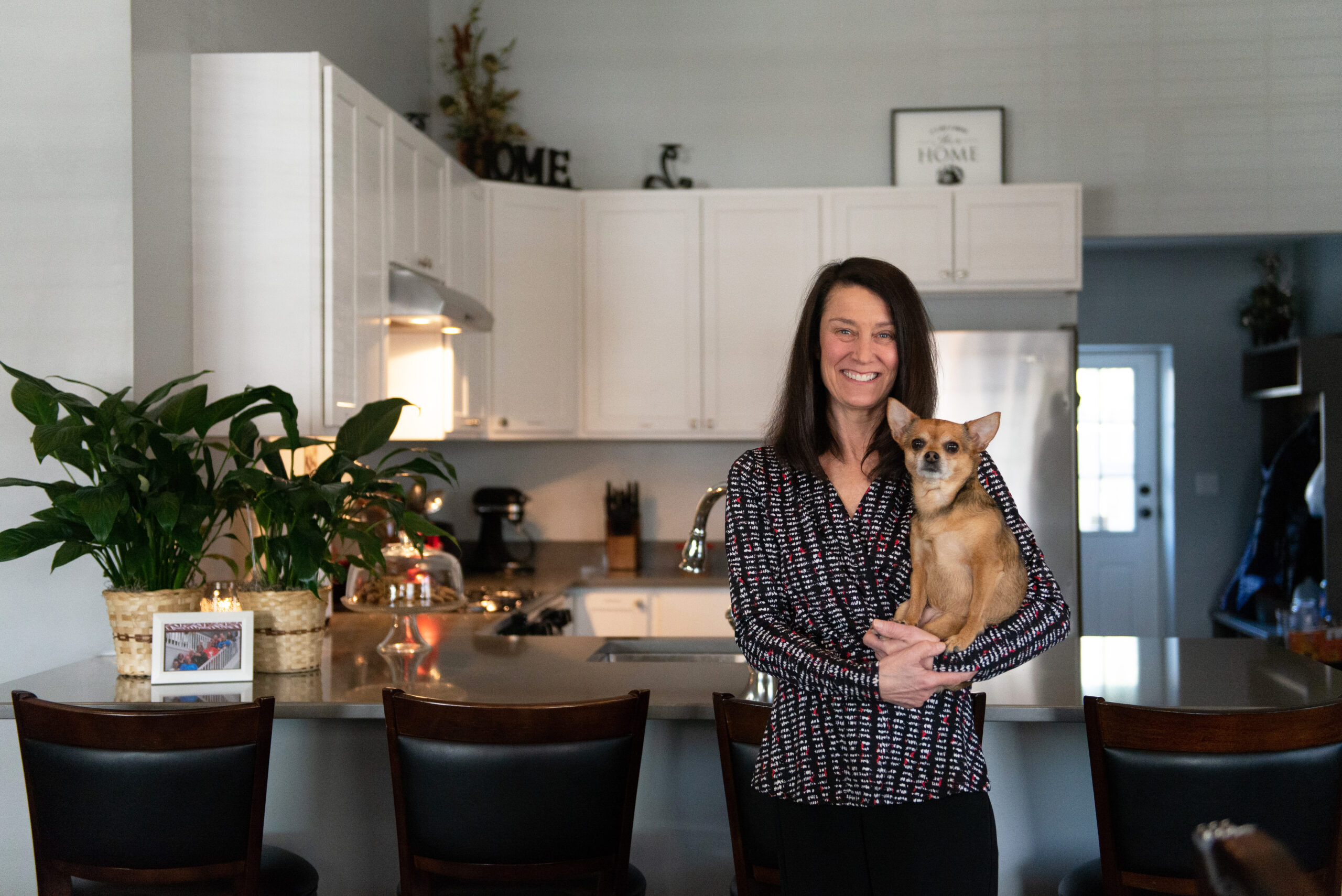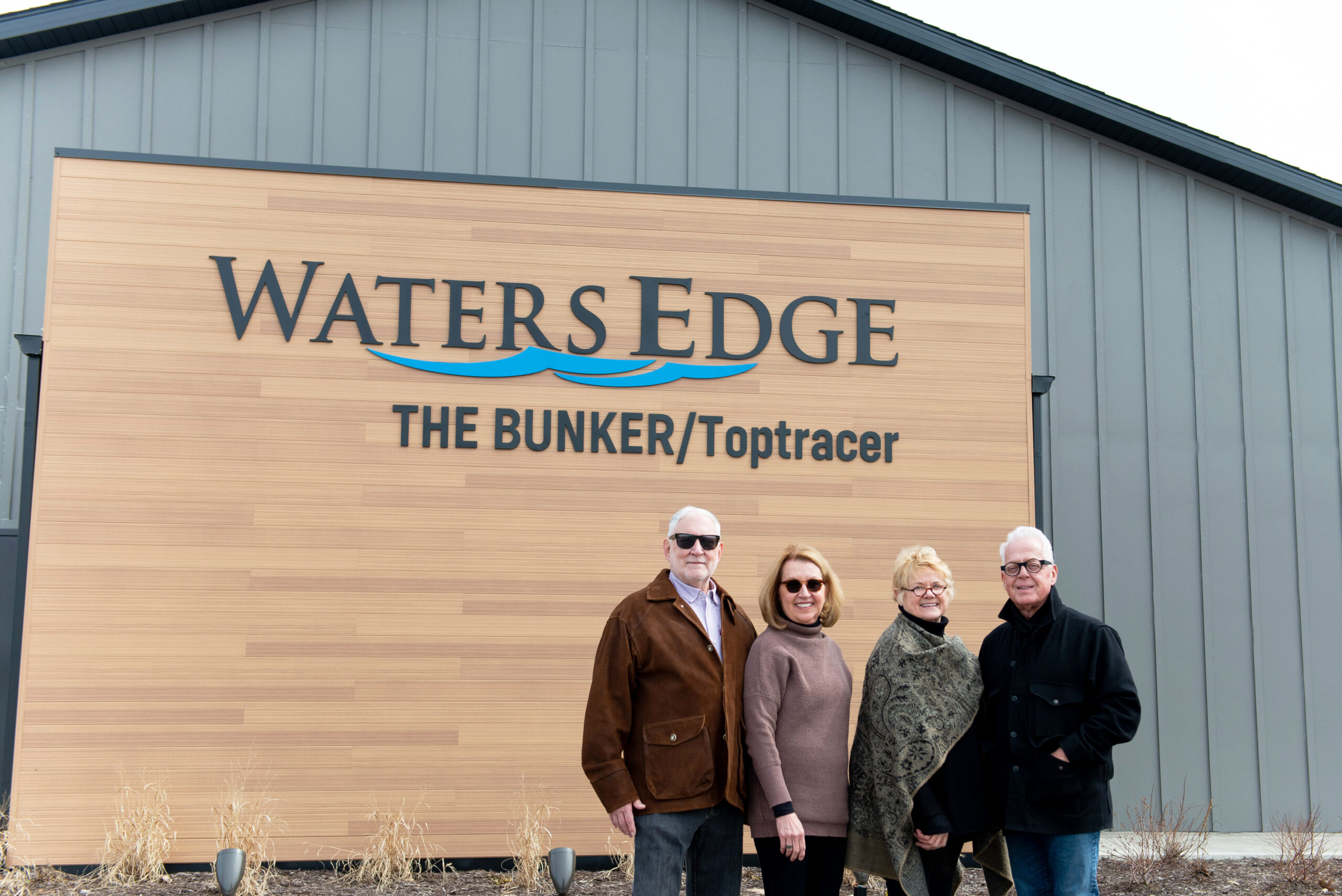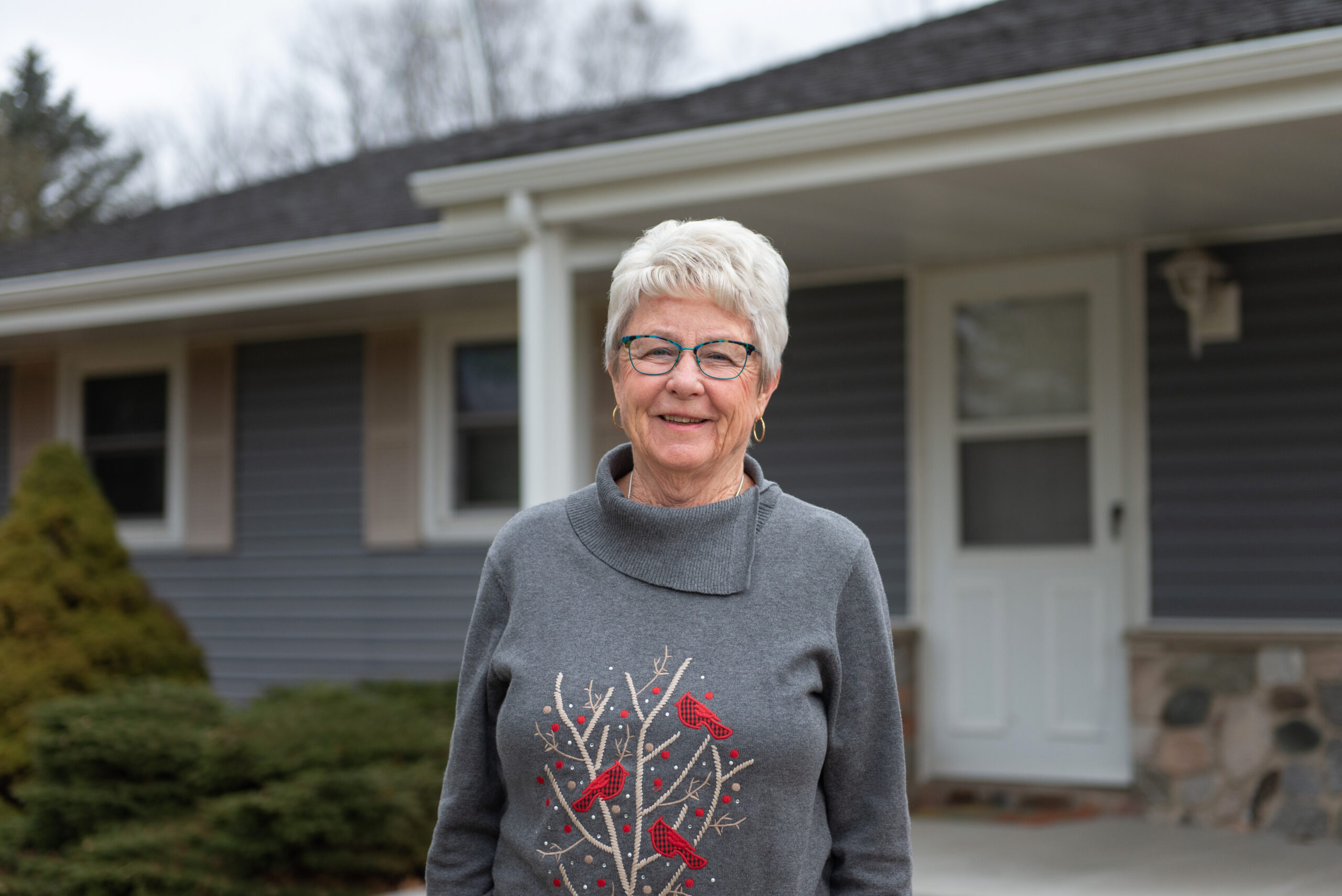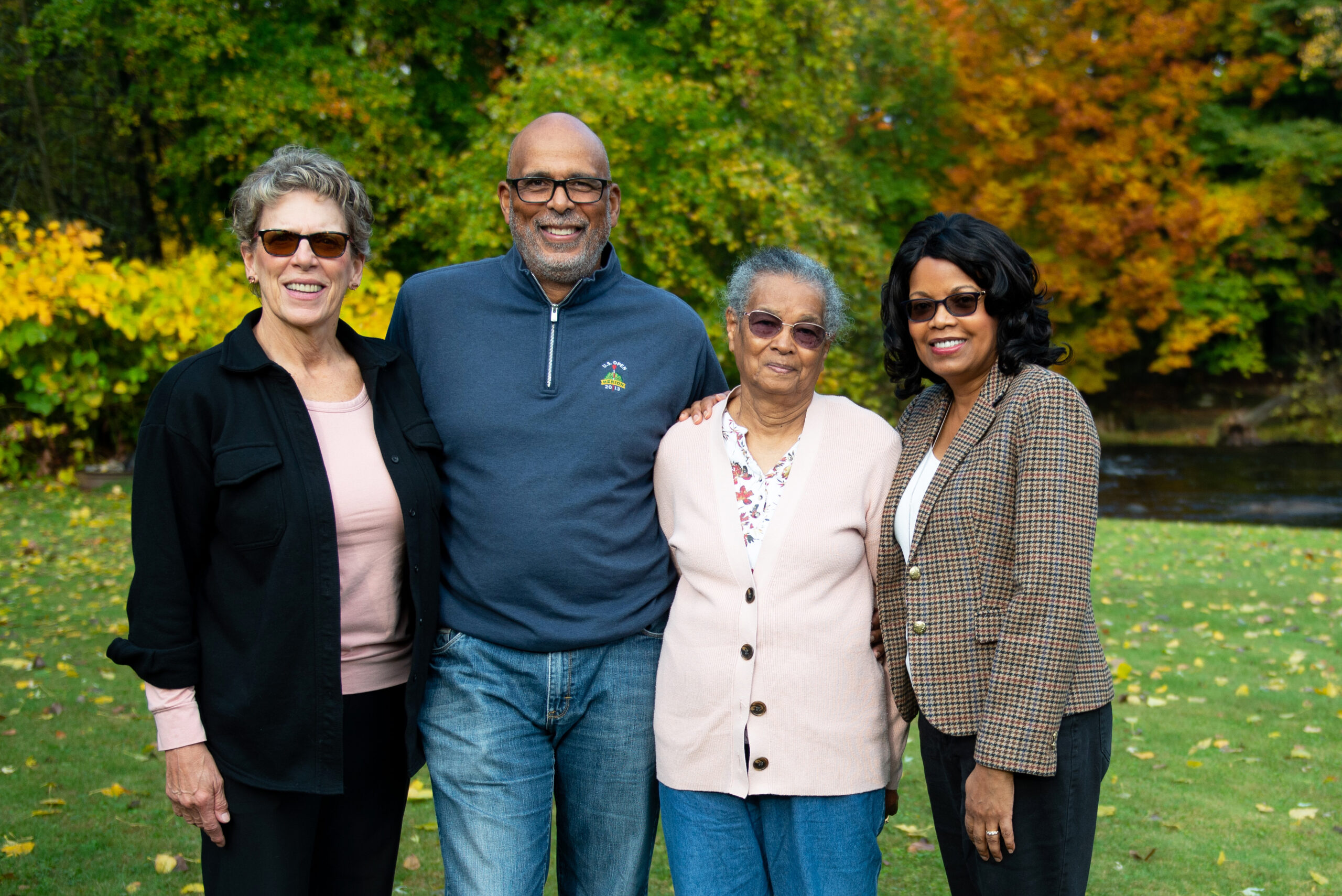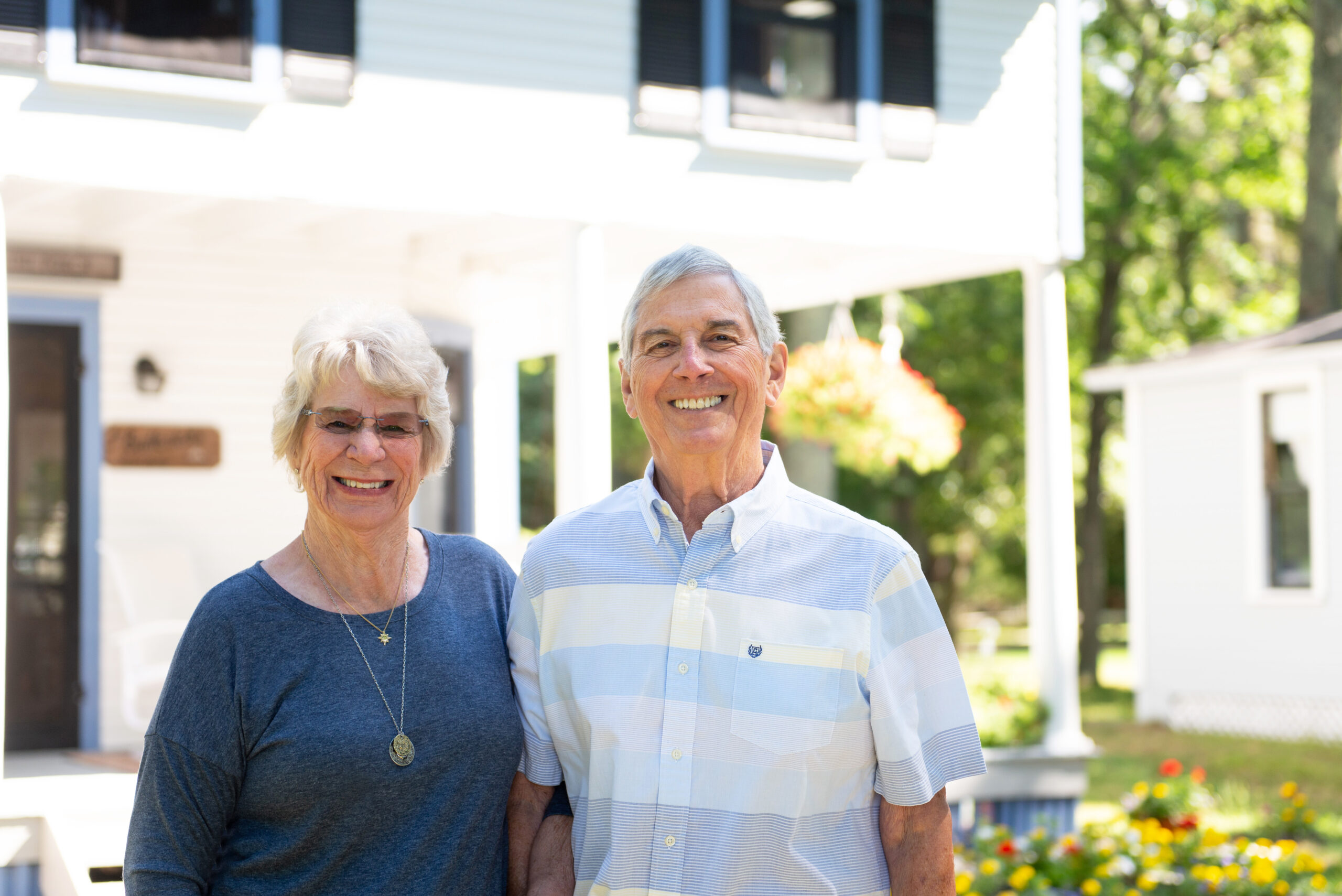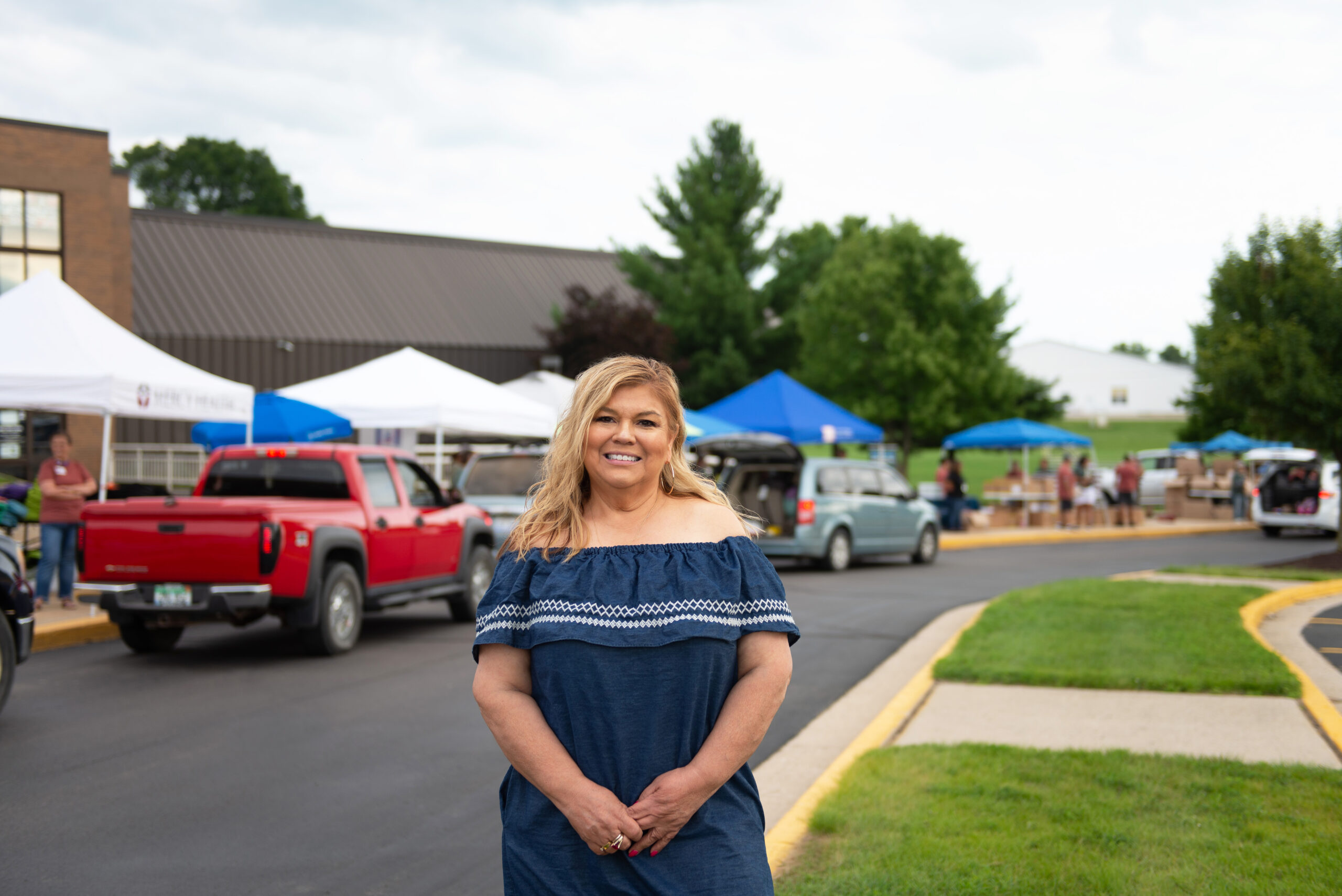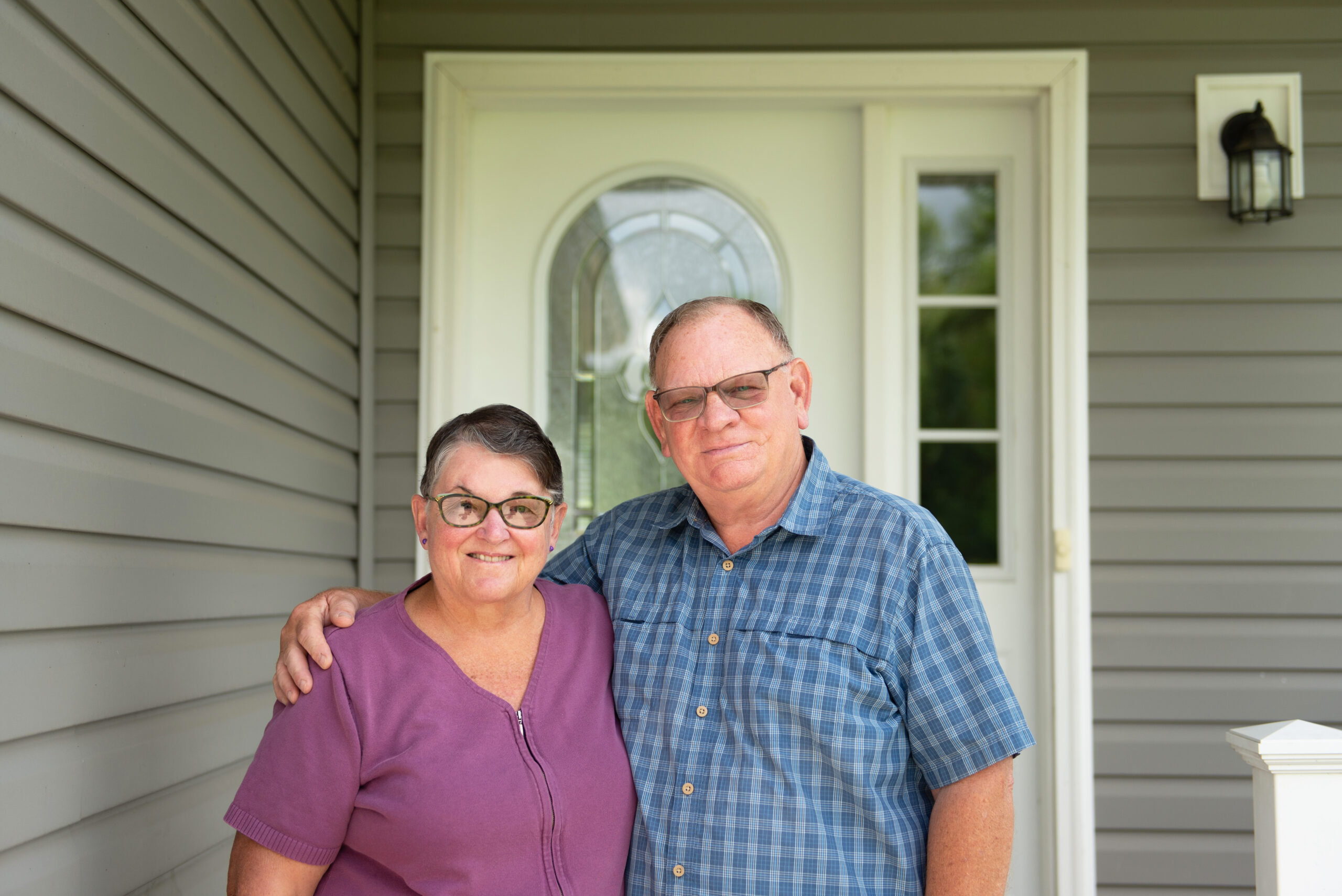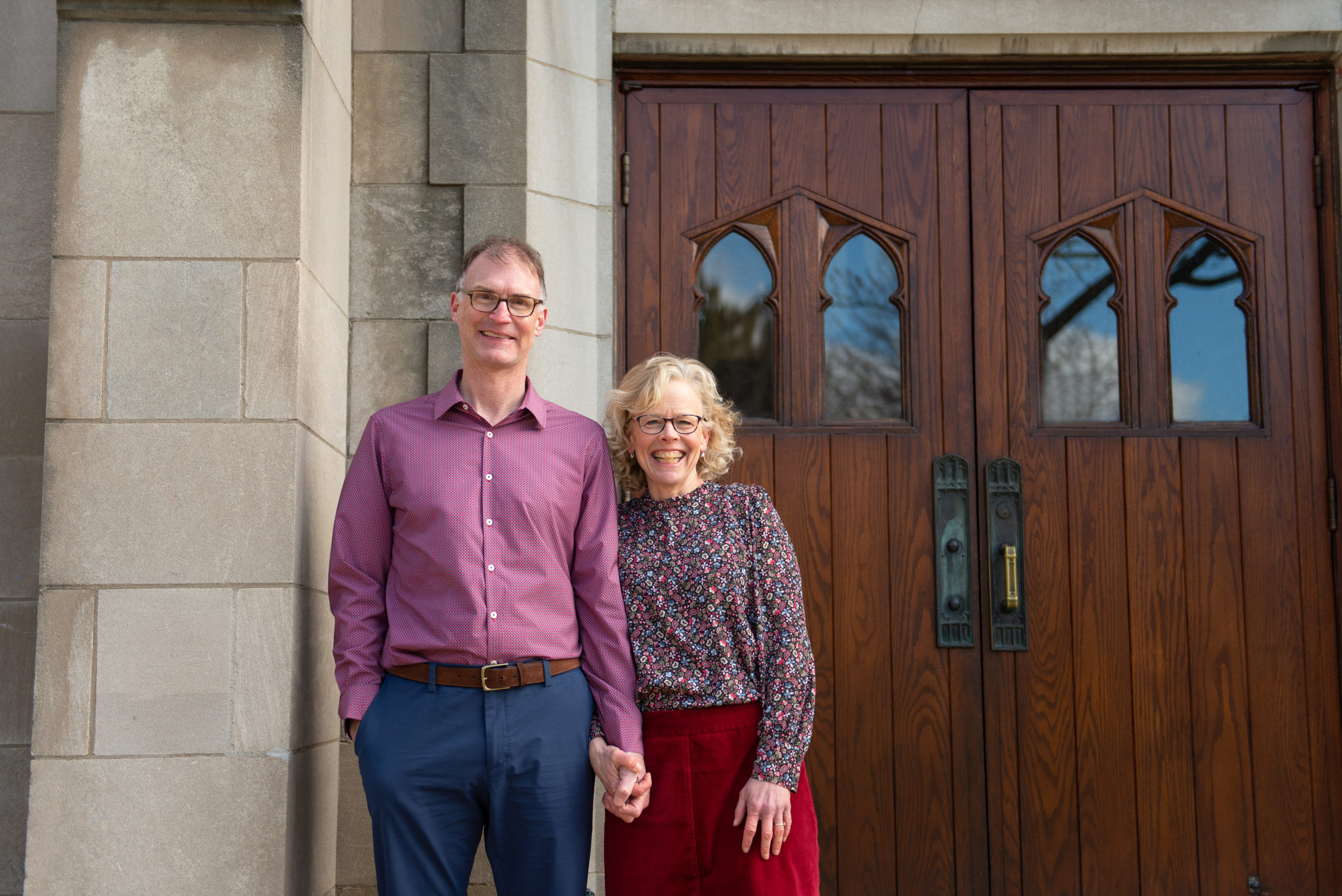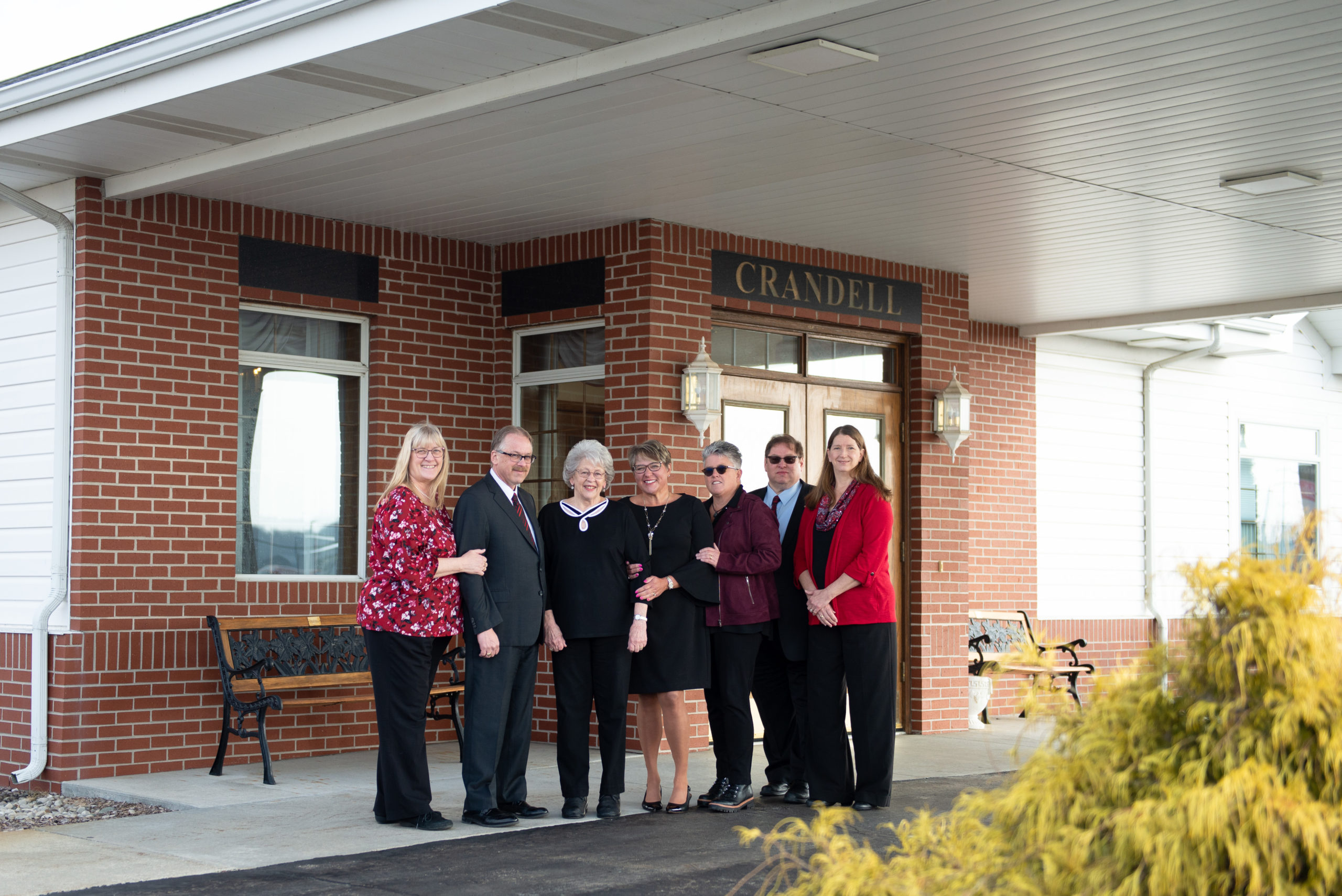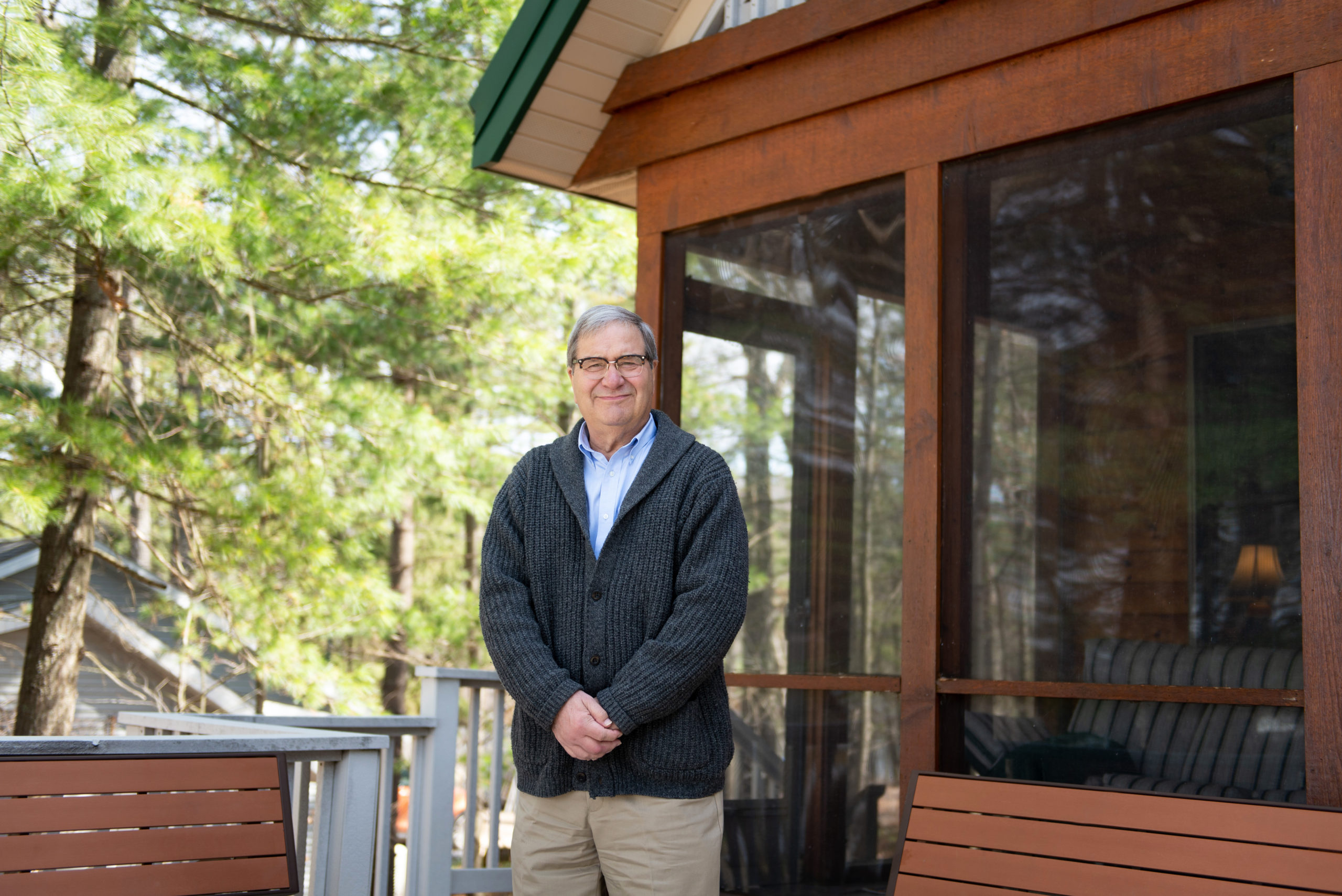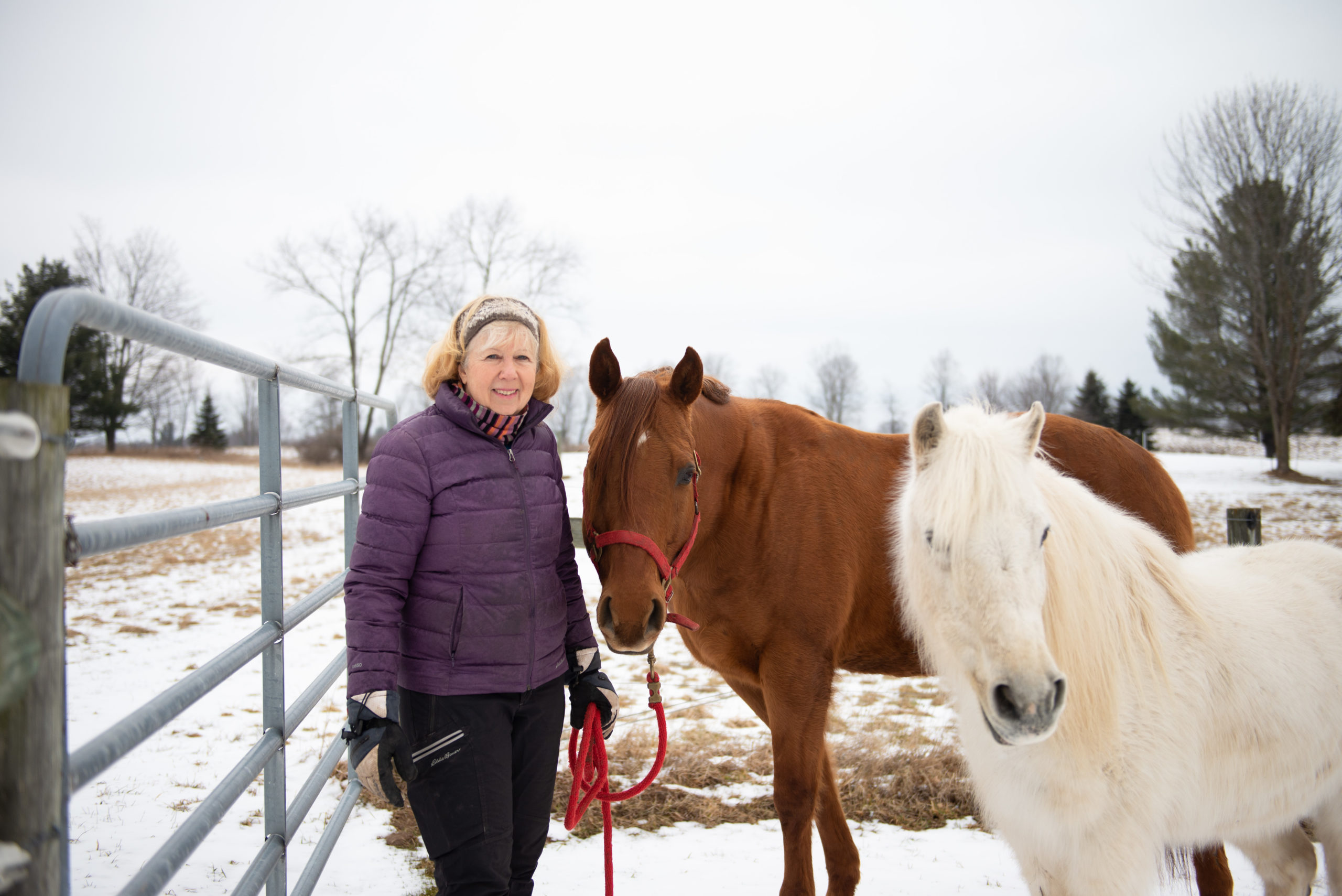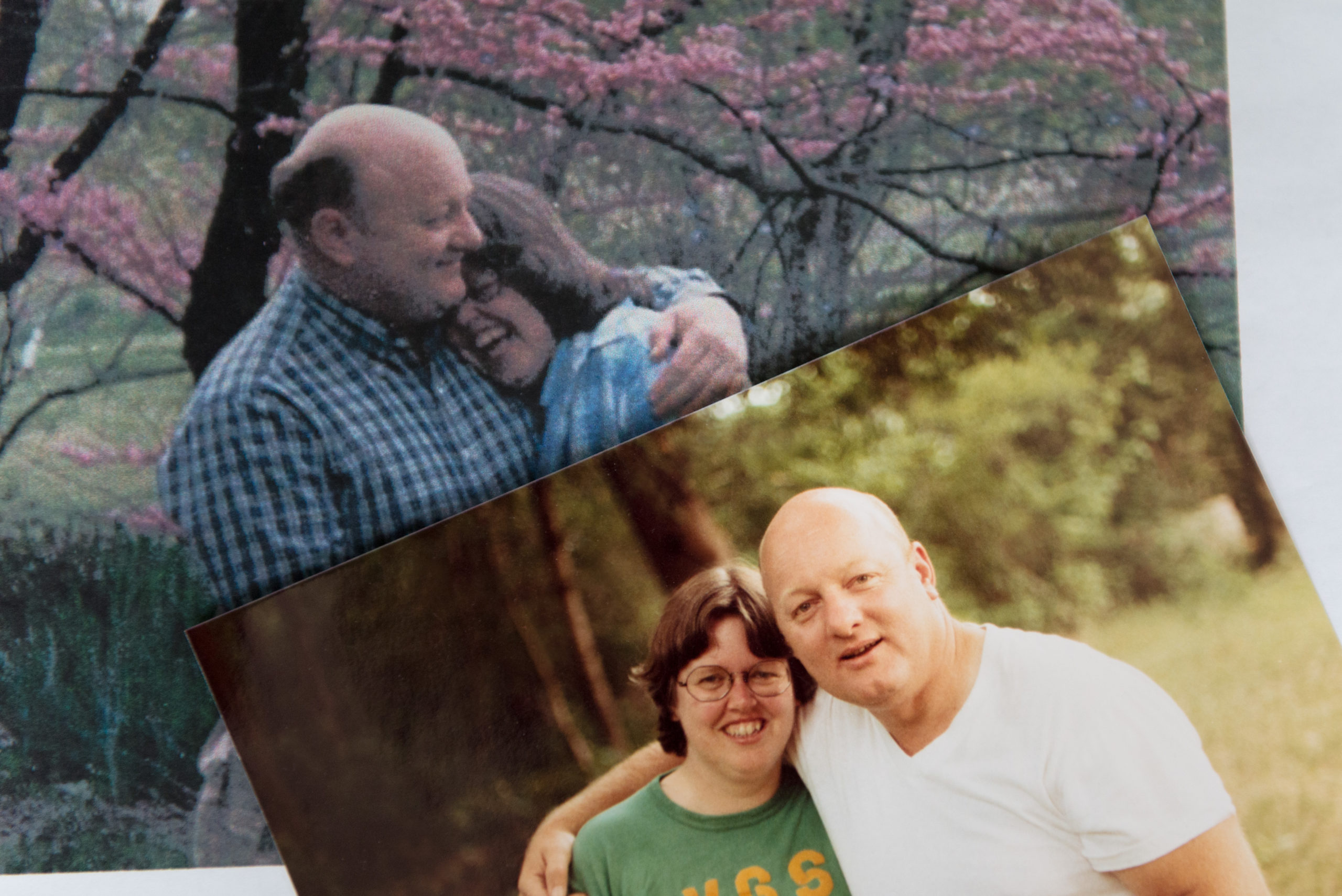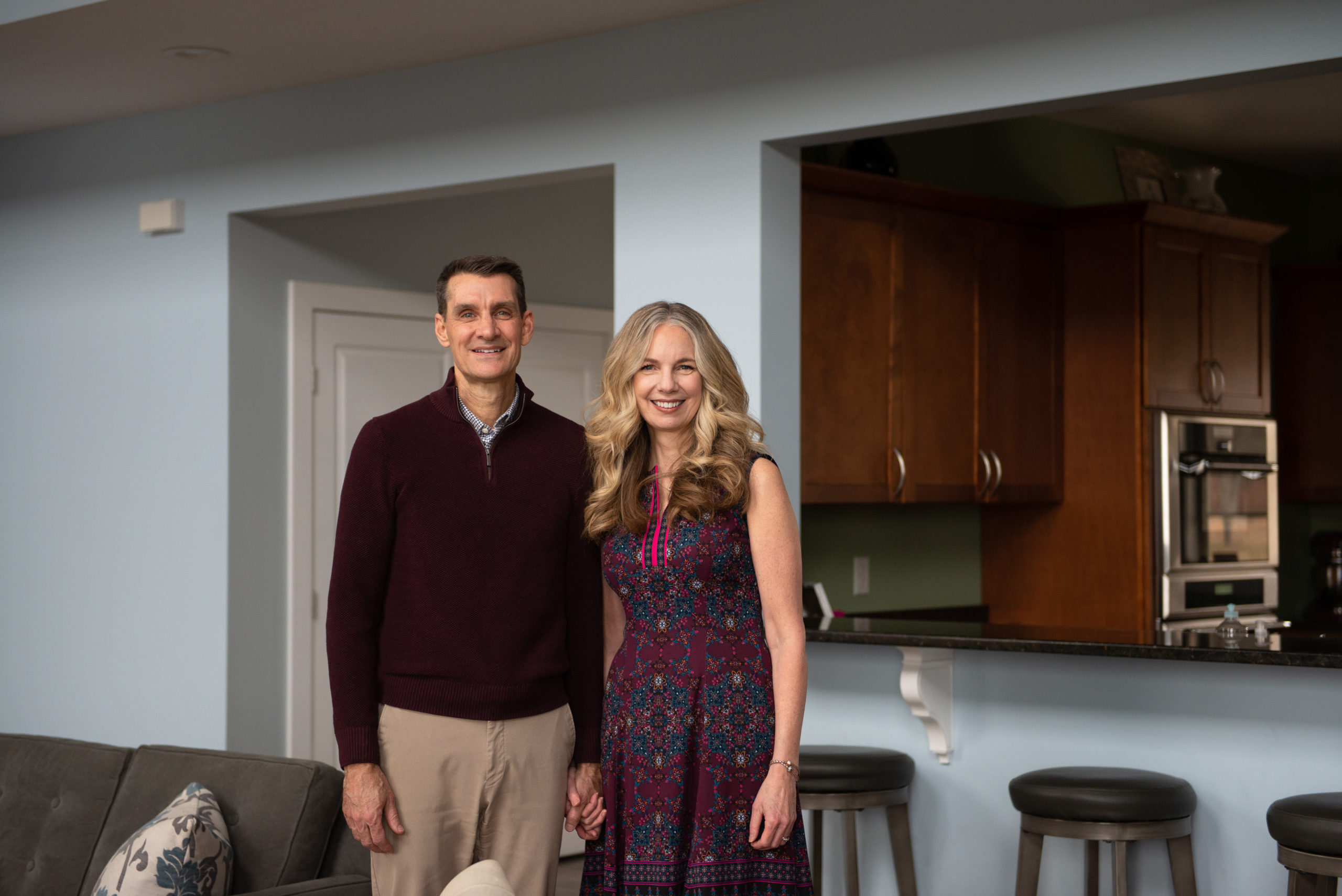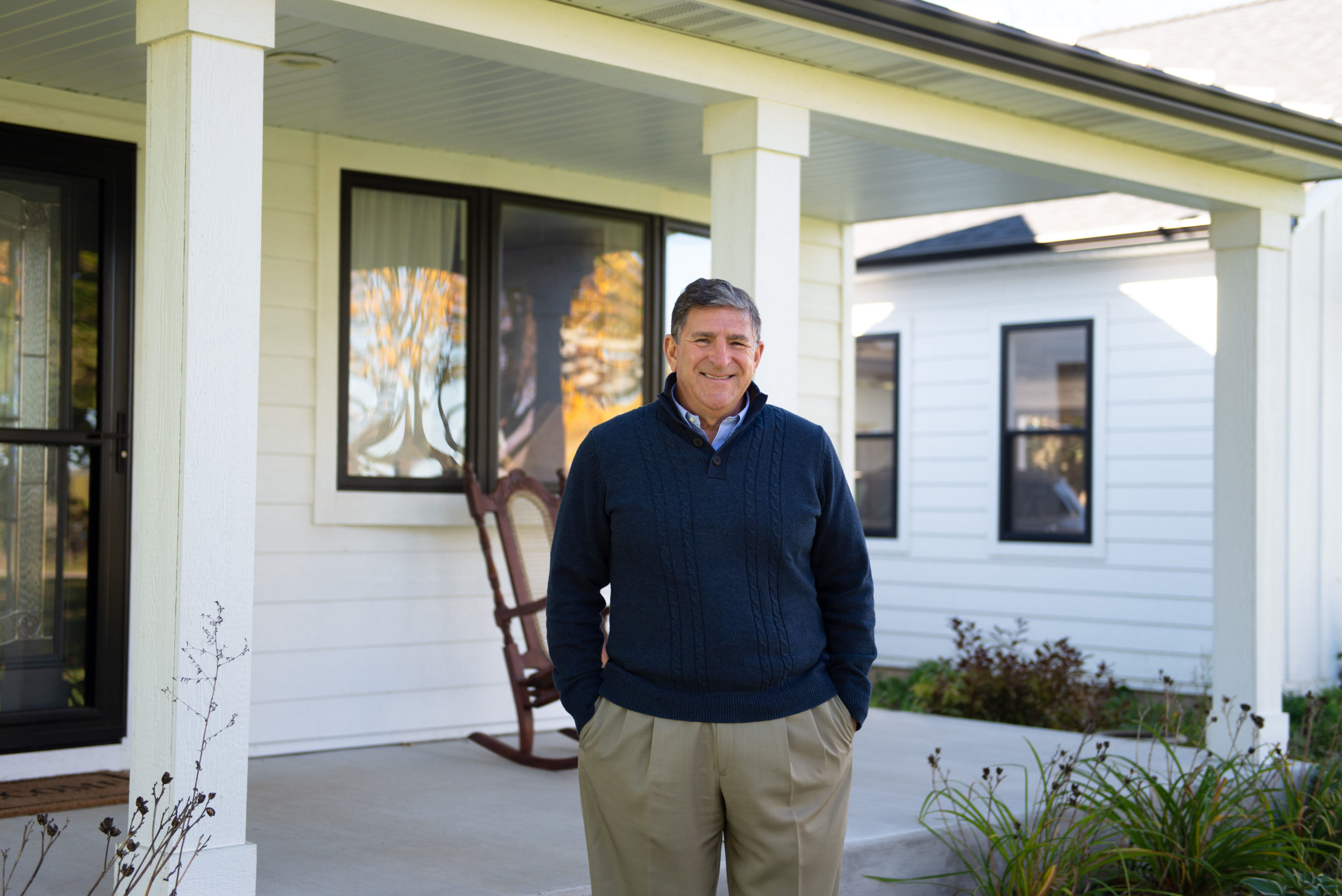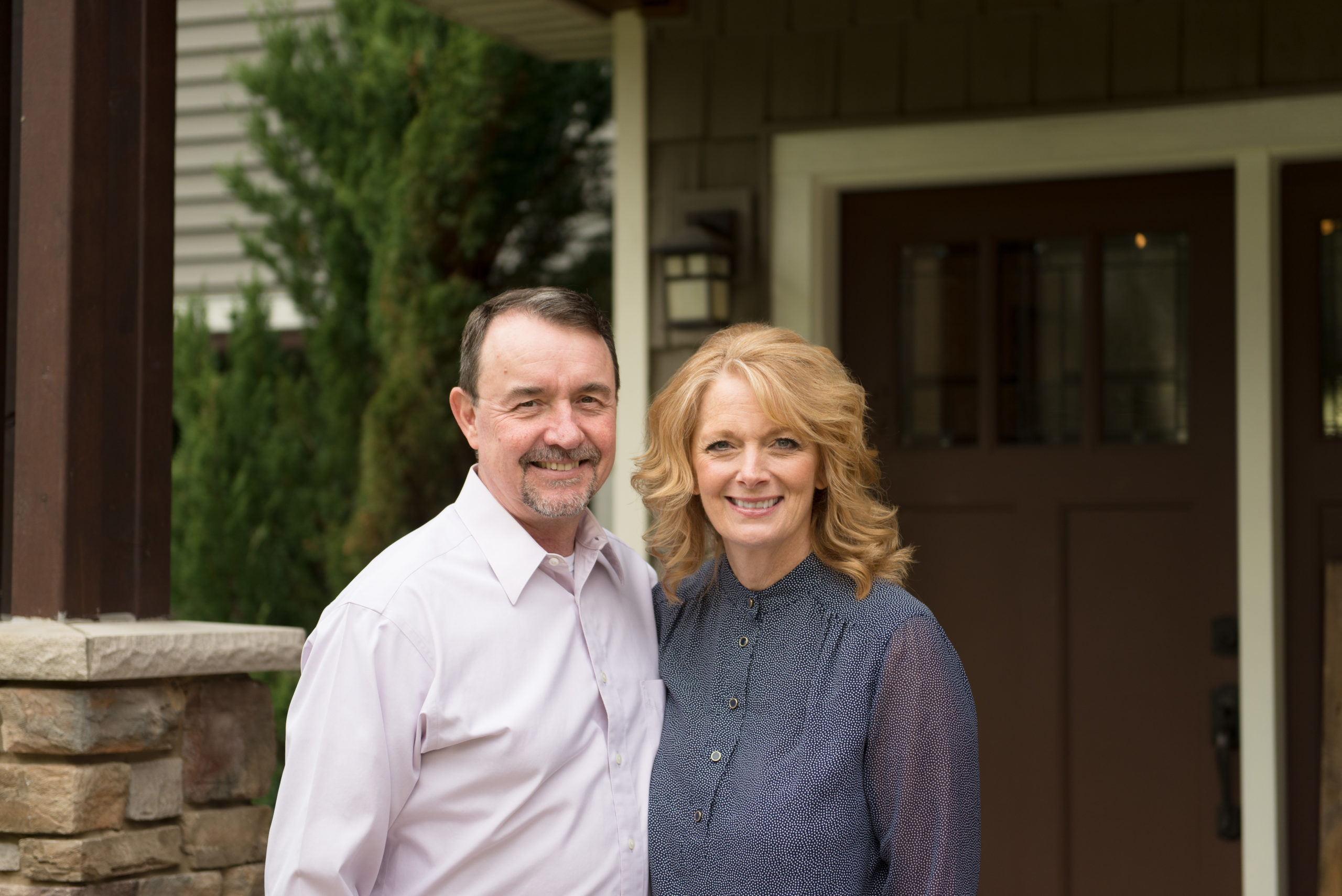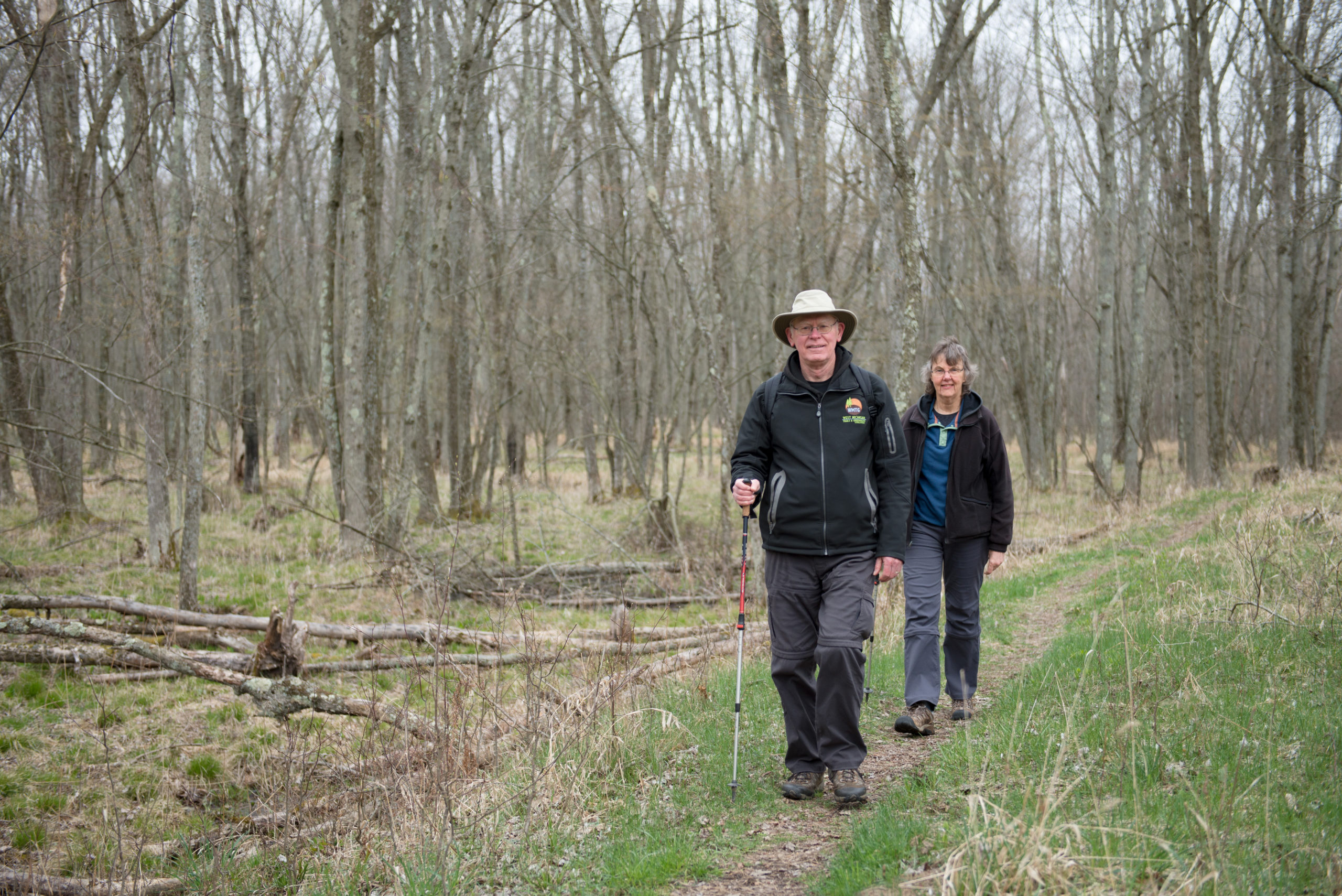The Eagle Fund grew out of an idea Cathy Obits first mentioned on an evening walk with her mother, Joan Obits. Joan moved to the area in 1954, and Cathy has lived here her whole life outside of her military service. They love the people, the open country, and the light traffic, and they both believe strongly in giving back. Creating a fund together was a way to help meet needs and care for their community.
“It’s not that we have much to give,” Joan explained. “We just give little by little, and the fund keeps growing.”
Because their fund was created near both of their birthdays, “It was like our birthday present,” said Joan. “It makes me happy. And if I can make someone else happy, or ease their life a little, I want to. I like happy, for myself and for others.”
“It’s fun to give and to know that you’re helping,” said Cathy. “You may not even know the people who benefit, but you know you’re helping. If we can give someone a leg up or help them have a life that’s a little better than they had before, we want to do that.”
Creating the fund at the Community Foundation was a way “for our gift to go on in perpetuity,” said Cathy, and a way to invest in the future of their community.
“It was a good place to start,” added Joan. “It’s investing in humanity. I’m leaving a little sunshine for someone down the road.”

